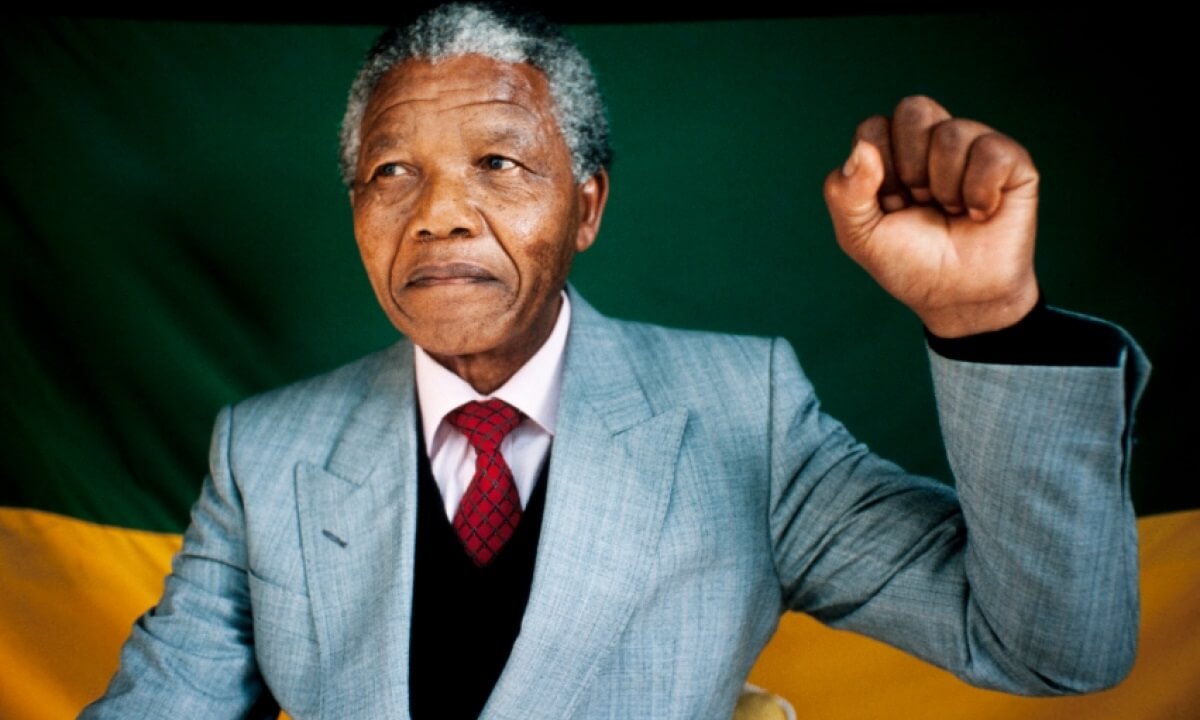
Nelson Mandela Essay
Nelson Mandela is one of the most outstanding figures in modern history, who has played a significant part not only in the development of his country but also in the development of the contemporary world. Nelson Mandela has passed a long way from a political prisoner to a national leader recognized by the world community as a true fighter for fundamental human rights and liberties and equality of people, regardless of their racial background. Therefore, Nelson Mandela became the agent of profound changes in his country, the SAR, and the world.
Nelson Mandela was a renowned civil rights activist, who launched the struggle against apartheid in the SAR and struggled in spite of the unparalleled political pressure. In spite of his imprisonment and the long term he served in prison, he has carried on struggling for his ideas and the elimination of apartheid in South Africa until his ultimate win. His political struggle was extremely challenging and unbearable for many of his friends and civil rights activists, who shared the same ideas but failed to confront and resist the ruling regime as long and as stubbornly as Mandela did. He served 27 years in prison in total which is about a third of his entire life. At the same time, his imprisonment and unchanged position made him a true martyr for his proponents and the most daring challenge for his opponents (Ellis, 2011). He has proved to be able to refuse his own freedom for the sake of the liberation of his people from the bonds of racism and racial inequality that constrained the democratic development of the SAR and put millions of non-white people inhabiting the country of their basic rights and social justice.
The insatiable strife for the elimination of racism and apartheid made Nelson Mandela not only the national hero but also the symbol of the anti-apartheid movement in the SAR. What is more important, he became the international symbol of the struggle against racism and racial discrimination worldwide. Many political leaders and politicians followed his lead. Many public movements were inspired by his example. At the same time, his ultimate win and the end of the policy of apartheid in the SAR became probably the most inspiring and turning point in the development of democracy in the SAR and the world movement for the liberation of oppressed people and the elimination of racial inequality and discrimination.
Nelson Mandela had strong beliefs and undertook bold steps to stand for his views and rights of the non-white population of South Africa. He struggled against the repressive and racist regime of South Africa which introduced apartheid as the official policy and which legitimized the racial divide between the white and non-white population of South Africa. Apartheid was an unjust policy based on the principle of racial supremacy of the ruling white elite over the oppressed non-white population. Nelson Mandela sacrificed his liberty for the sake of his people and he was bold enough to go to prison to put the end to the policy of apartheid (Freund, 2014). As a result, the government of the SAR had no other option but either to become the subject to severe criticism from the part of the world community and the population of the SAR or to set Mandela free and give up the policy of apartheid.
At this point, it is worth mentioning the fact that Nelson Mandela became an agent of change not only at the domestic but also at the international level (Gawthrop, 1998). His social activism and his struggle for civil rights of the non-white population of the SAR have drawn public attention in the SAR as well as in other parts of the world. As a result, world leaders have started to push on the government of the SAR to put the end to the policy of apartheid and liberate Nelson Mandela, who had already become the national hero of the people in South Africa. The opposition to the government within the SAR grew stronger as well because the population of the country could not afford the severe oppression and racial discrimination anymore, whereas the example of Nelson Mandela inspired millions of people to struggle for their own rights, regardless of the risk of the severe punishment and imprisonment. Such self-sacrifice became the major tool that helped Nelson Mandela to reach his goals, to become the national leader and the agent of change that has managed to unite the nation in the struggle against apartheid to ultimately defeat the government and his opponents, who maintain the apartheid regime in the SAR.
Thus, Nelson Mandela is a prominent agent of change, who used his civil rights activism and who sacrificed his own freedom for the sake of profound changes in his country to make his people equal and free of racial discrimination. His example encouraged his compatriots to launch a large-scale public movement against apartheid, drew international attention to the situation in the SAR, and urged the government of the SAR to give up the policy of apartheid. The liberation of Nelson Mandela and his election as the president marked the end of apartheid and his win to implement changes that would make the SAR a democratic country free of racial inequality.
References:
Ellis, S (2011). The Genesis of the ANC’s Armed Struggle in South Africa 1948–1961, Journal of Southern African Studies. 37 (4), 657–676.
Freund, B. (2014). “The Shadow of Nelson Mandela, 1918–2013”. African Political Economy. 41 (140), 292–296.
Gawthrop, L. (1998). Public Service and Democracy: Ethical Imperatives for the 21st Century. (Chappaqua, NY: Chatham House Publishers). ISBN 1-56643-070-4

